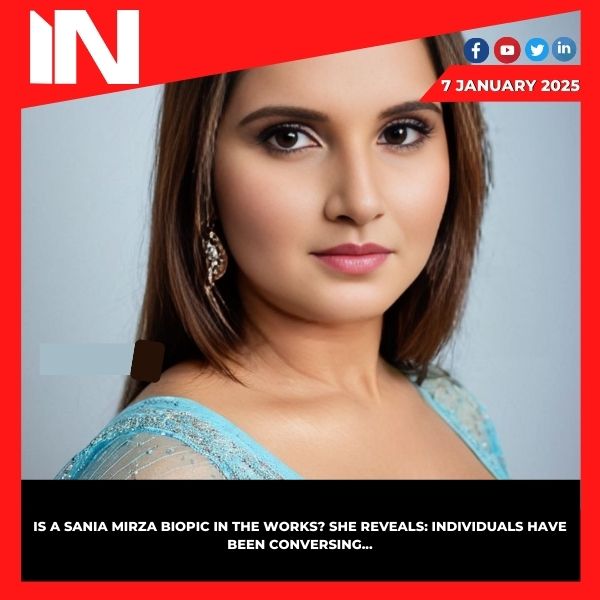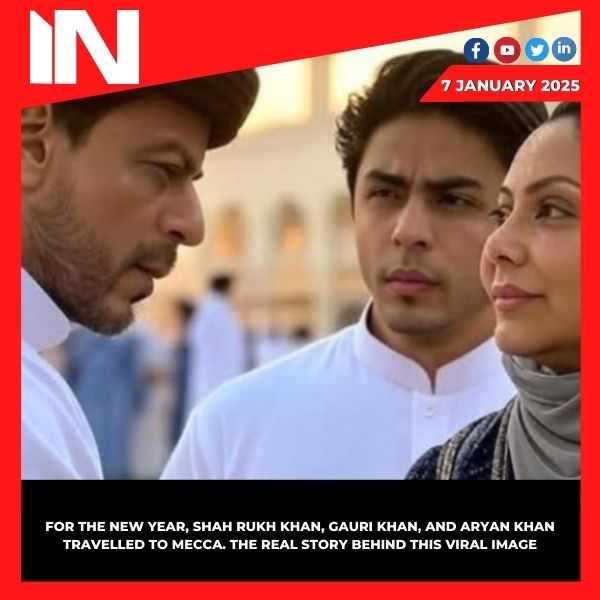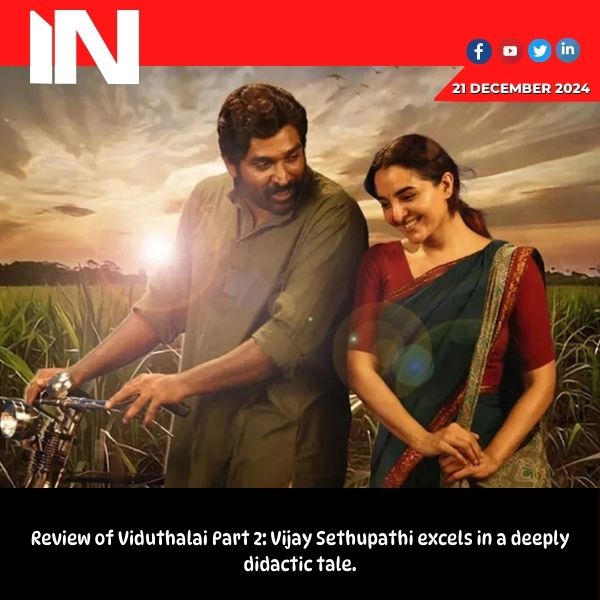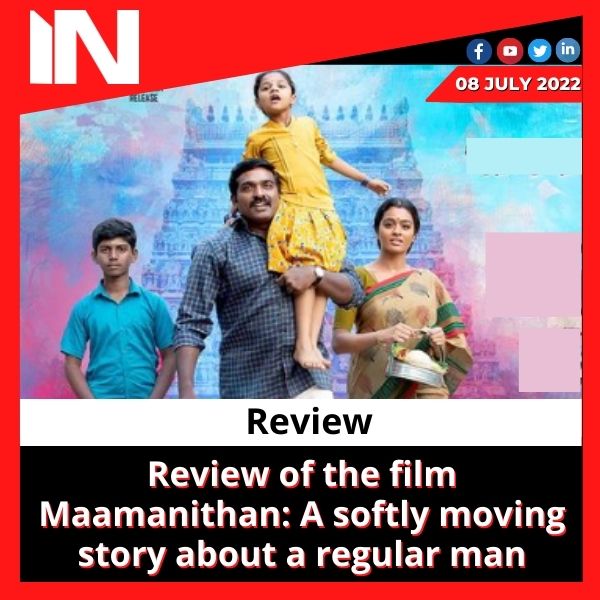Madan Mohan Kohli (25 June 1924 – 14 July 1975), better known as Madan Mohan, was an Indian music director of the 1950s, 1960s, and 1970s. He is considered one of the most melodious and skilled music directors of the Hindi film industry. He is particularly remembered for the immortal ghazals he composed for Hindi films. Some of his best works are with singers Lata Mangeshkar, Mohammed Rafi and Talat Mahmood.
Early years
Born on 25 June 1924, at Baghdad where his father Rai Bahadur Chunilal Kohli was working as an Accountant General with the Iraqi Police forces, Madan Mohan spent the early years of his life in the Middle East. After 1932, his family returned to their home town of Chakwal, then in Jhelum district of Punjab, British India. He was left in the care of a grandparent while his father went to Bombay to seek business opportunities. He attended local school in Lahore for the next few years. During his stay at Lahore, he learnt the basics of classical music from one Kartar Singh for a very short period, however he never received any formal training in music. Some time later, his family moved to Mumbai where he completed his Senior Cambridge from St. Mary’s School in Byculla Mumbai. In Mumbai, at the age of 11 years, he started performing in children’s programmes broadcast by All India Radio. At age 17, he attended the Colonel Brown Cambridge School in Dehradun where he completed a year’s training.
Career
He joined the Army as a Second Lieutenant in the year 1943. He served there for two years until end of World War II, when he left the Army and returned to Mumbai to pursue his musical interests. In 1946, he joined the All India Radio, Lucknow as Programme Assistant, where he came in contact with various artists such as Ustad Faiyaz Khan, Ustad Ali Akbar Khan, Begum Akhtar, and Talat Mahmood. During these days he would also compose music for programmes to be broadcast on All India Radio. In 1947, he was transferred to All India Radio, Delhi where he worked for a short period. He was very fond of singing, and so in 1947 he got his first chance to record two ghazals penned by Behzad Lucknawi, Aane Laga Hai Koi Nazar Jalwa Gar Mujhe and Is Raaz Ko Duniya Jaanti Hai. Soon after, in 1948 he recorded two more private ghazals penned by Deewan Sharar, Wo Aaye To Mahfil Mein Ithlaate Huye Aaye and Duniya Mujhe Kahti Hai Ke Main Tujhko Bhoolaa Doon. In 1948, he got his first opportunity to sing a film duet Pinjare Mein Bulbul Bole and Mera Chhotasa Dil Dole with Lata Mangeshkar under composer Ghulam Haider (composer) for the film Shaheed, though these songs were never released or used in the film. Between 1946 and 1948, he assisted music composers S.D. Burman for Do Bhai, and Shyam Sundar in Actress.
Music director
He scored his first big break with the film Aankhen in 1950, which marked the beginning of a long lasting collaboration with Mohammed Rafi, his next film was Adaa which saw the beginning of a long lasting collaboration with Lata Mangeshkar; both would go on to sing for many of his films. Two of his composed songs for Sharabi – “Sawan ke maheeney mein” and “Kabhi na Kabhi koi na koi toh aayega”, both filmed for Dev Anand are among the most well known renditions of Mohammed Rafi. In addition, his other compositions like “Wo Chup Rahen To” from the film Jahan Ara (1964) and “Maine Rang Li Aaj Chunariya” from Dulhan Ek Raat Ki (1966) are two similar examples. Madan was also able to write songs for male singers such as Talat Mahmood (Phir wahi Shaam, wahi gham, wahi tanhaayee hai, Main Teri Nazar Ka Suroor Hoon and Teri Aankh Ke Aansoo from Jahan Ara, and Meri Yaad Mein Tum Na from Madhosh) and Mohammed Rafi (Ek Haseen Shaam Ko from Dulhan Ek Raat Ki, Kisi Ki Yaad Mein from Jahan Ara, Main Nigahen Tere Chehere Se from Aap Ki Parchaiyian, Aap Ke Pehlun Mein Aakar Ro Diye from Mera Saaya, Ye Duniya Ye Mehfil Mere Kaam Ki Nahin from Heer Ranjha, Tere Dar Pe Aayaa Hoon from Laila-Majnu, the all-time haunting Meri Awaaz Suno and Tumhare Zulf Ke Sayen from Naunihal, Teri Aankhon Ke Siva Duniya Mein from Chiraag as well. Madan did not usually employ Kishore Kumar. Nonetheless their partnership created songs as well; in this category fall songs such as Simti Si, Sharmai Si from Parwana, Zaroorat Hai, Zaroorat Hai from Manmauji, the title song from Ek Muthi Aasman, Mera Naam Abdul Rehman from Bhai Bhai, and Aai Hasino, Naazanino from Chacha Zindabad. Madan often collaborated with lyricists Raja Mehdi Ali Khan, Kaifi Azmi, and Rajinder Krishan, Sahir Ludhianvi and Majrooh Sultanpuri for his movies.
In 1957 he came out with a film named Dekh Kabira Roya in which the legendary singer Manna Dey gave his voice to the melodious Kaun Aaya Mere Man Ke Dwaare and unforgettable numbers like Tum Bin Jeevan Kaisa Jeevan in the film Bawarchi. In addition to that, he had Lata sing Tu Pyaar Kare Ya Thukraaye and Meri Veena Tum Bin Roye numbers, and he used Talat Mahmood for the song Hum Se Aaya Na Gaya in the same movie. Once in an interview Manna Dey recalled that Madan Mohan asked him to take special care when singing Kaun Aaya Mere Man Ke Dwaare.
A film scored by Madan was Chetan Anand’s Haqeeqat (1964), starring Balraj Sahni and Dharmendra and based on the Sino-Indian War of 1962. In it, he used Rafi, who sang numbers like Kar chale hum fida, Main Yeh Soch Kar. Lata was used for the song Zara Si Aahat Hoti Hai and the unscreened ” Khelo na mere dilse”. And the same film saw Rafi, Talat, Manna Dey, and Bhupendra singing Hoke Majboor Mujhe Usne Bhulaya Hoga. Bhupendra appeared on the screen as well for the first time, much before he established himself as a playback singer. This song is also the only song in which four top-rated male playback singers have put voices together in a song. In 1966, he again paired with Lata Mangeshkar for Mera Saaya.
Madan Mohan’s venture was Raj Khosla’s version of “Woman in White”, titled Woh Kaun Thi?. This film has three Lata solos (‘Naina barse rim jhim rim jhim’, ‘Lag ja gale’ and ‘Jo humne daastaan apni sunayee’) and a Lata duet.
The late fifties, sixties and the early seventies were the most productive period in Madan Mohan’s career. His songs from those decades include compositions for films like Adalat, Anpadh, Dulhan ek raat ki, Mera Saya, Dastak, Hanste Zakhm, Heer Raanjha, Maharaja, and Mausam, among many others. His second last bow was for a film released five years after his death, Chalbaaz. In 1970, during the changing times of western music he gave music based on ragas for Rajinder Singh Bedi’s Dastak and won his only 1971 National Film Award for Best Music Direction. Its songs sung by Lata Mangeshkar are still considered her finest.
His legacy wouldn’t be complete without mentioning the ghazal he composed for the movie “Dil Ki Rahein” – “Rasm-e-ulfat ko nibhaein to nibhaein kaise”. The shayar(lyricist) for the ghazal was Naqsh Lallayalpuri and it was sung by Lata Mangeshkar. It is considered one of the best songs sung by Lata Mangeshkar, ever.
Madan Mohan’s son Sanjeev Kohli recreated 11 of his late father’s unused compositions for the soundtrack of the 2004 Yash Chopra film Veer-Zaara. Later on, Kohli brought out an album “Tere Baghair” which contains some of Madan Mohan’s songs.

 Rakul Preet4 days ago
Rakul Preet4 days ago
 Parineeti Chopra3 days ago
Parineeti Chopra3 days ago
 Ranbir Kapoor2 days ago
Ranbir Kapoor2 days ago
 Trending3 days ago
Trending3 days ago
 Trending3 days ago
Trending3 days ago
 Bollywood2 days ago
Bollywood2 days ago
 Trending3 days ago
Trending3 days ago
 Trending3 days ago
Trending3 days ago



.jpg)















